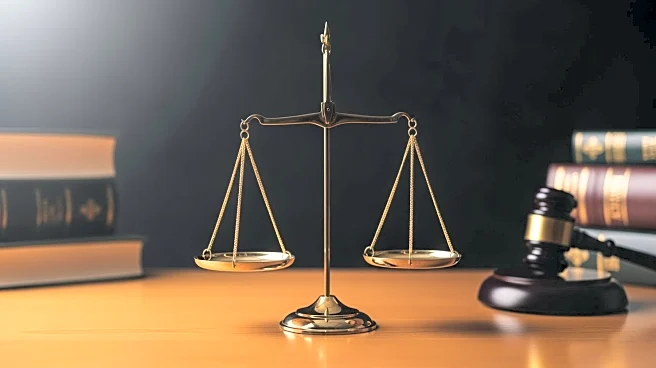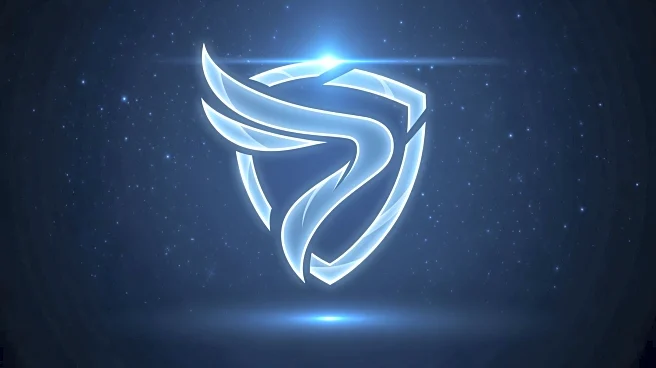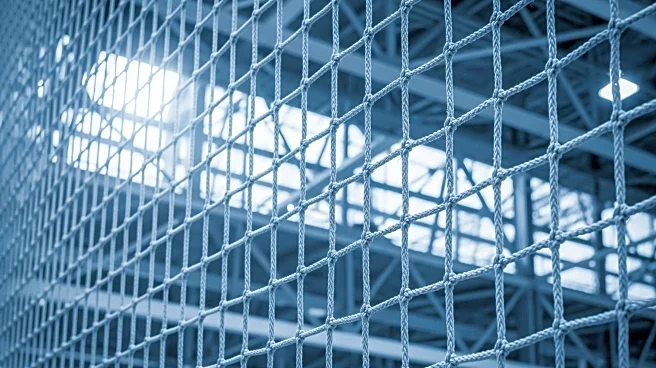What's Happening?
Baker & Taylor (B&T) has responded to a motion in the ongoing legal case with OCLC, a nonprofit global library organization. OCLC alleges that B&T unlawfully used its WorldCat system to enhance its own cataloging resource, BTCat. B&T argues against the expedited
court proceedings, citing a preliminary injunction that already protects OCLC. The company is awaiting an independent audit of BTCat, which OCLC was supposed to fund, but claims the proposed audit is overly intrusive.
Why It's Important?
The case underscores the competitive tensions in the library and cataloging industry, where proprietary systems like WorldCat are crucial for operations. The outcome could affect how library resources are managed and shared, impacting libraries and their patrons. B&T's resistance to expedited proceedings highlights the challenges companies face in balancing legal obligations with business survival. The case may influence future legal standards for intellectual property and competitive practices in the industry.
What's Next?
The court's decision on whether to expedite the case will be pivotal. If B&T succeeds in delaying proceedings, it may gain more time to stabilize its business and address financial challenges. OCLC's response and the court's ruling will determine the pace and direction of the case. The audit of BTCat, if conducted, could reveal critical information affecting the legal arguments of both parties. Stakeholders in the library industry will be watching closely for implications on cataloging practices and resource sharing.
Beyond the Headlines
The dispute raises broader questions about the protection of intellectual property and the ethical use of proprietary systems in competitive industries. It highlights the need for clear legal frameworks to govern the use of shared resources and the responsibilities of companies in maintaining fair competition. The case could prompt discussions on the balance between innovation and intellectual property rights in the digital age.















